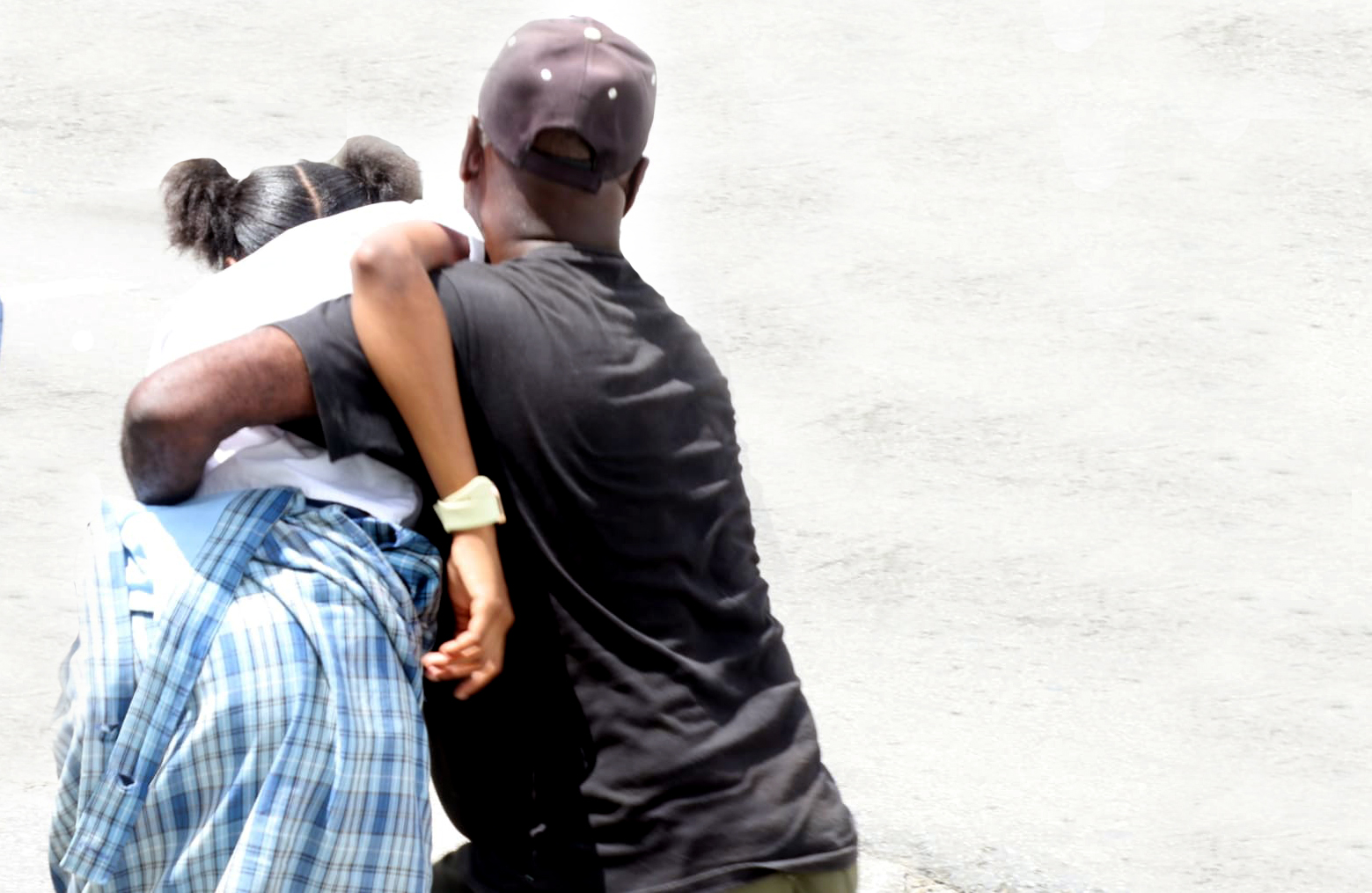Reimagining Education in Barbados: Examining the Impact of a School Invasion Simulation

October 13, 2023
"Examining the potential impact of a recent school invasion simulation on the psychological well-being of children in Barbados, and considering the adherence to international standards and ethical considerations."
Disclaimer: The views and opinions expressed by the author(s) do not represent the official position of Barbados TODAY.
By Dr Mia Jules and Professor Donna-Maria Maynard
To transform or to traumatise? That is the question that needs to be answered. Last week we were treated to a presentation by educational officials under the bold theme, Reimagining Education in Barbados: A Bright Future for Every Child. Yet, one incident at a single-sex school begs us to ponder: Is this the future every school-aged child should anticipate?
The word simulation has been bandied about, however, the human brain does not differentiate between a real threat and a perceived one. The primal “fight or flight” response kicks in where harm is sensed. Children, facing stress, will react differently, some might forget, while others may bear long-term emotional scars. Will we ever know the lasting effects of this latest event on the psychological well-being of our children?
Were international standards adhered to in implementing this school invasion simulation? We all want to protect those most valuable to us. However, we must be mindful of the harm that could possibly occur, if our actions are not guided by established best practices. Does information obtained from a girls’ school represent the reality of every school on the island? Why girls and not boys? . . . Was there an implicit bias in the minds of the organisers that children of a particular sex would have posed more trouble for the “mock” assailants?
At the core of teaching lies a fundamental principle: students must practise before being tested for optimal results. Were preparatory drills held before this simulation to ready all participants mentally? If not, what was the purpose of the simulation? We live in an ever-changing world where there are threats known and yet to be known. We as a people want our children to survive any threatening situation that may befall them, therefore, we must equip them with the necessary skills to weather any storm. It is in this way that our nation will truly demonstrate a transformative approach to educating the minds of our most precious resource – our children.
Research cautions that such simulations may pose serious risks, potentially sowing seeds of distrust among students, teachers, parents and school administrators. While some argue that these surprise simulations gauge genuine reactions, we must query: Does the end justify the means? If this were an experiment, basic ethical standards dictate minimising harm, at all costs. This is especially critical when dealing with vulnerable populations such as children. Has history not taught us anything?
We must not forget that Barbados is a signatory to the UN Sustainable Development Goals and the UN Convention on the Rights of the Child, which both mandate and advocate for the protection of the physical and mental health of every child. As we chart the course for our educational system, let us ensure our methods align with these international commitments. Our children deserve nothing less.
Mia Jules, PhD is a Senior Lecturer in Psychology and Donna-Maria Maynard, PhD is a Professor of Psychology at The University of the West Indies, School of Education, Cave Hill.


